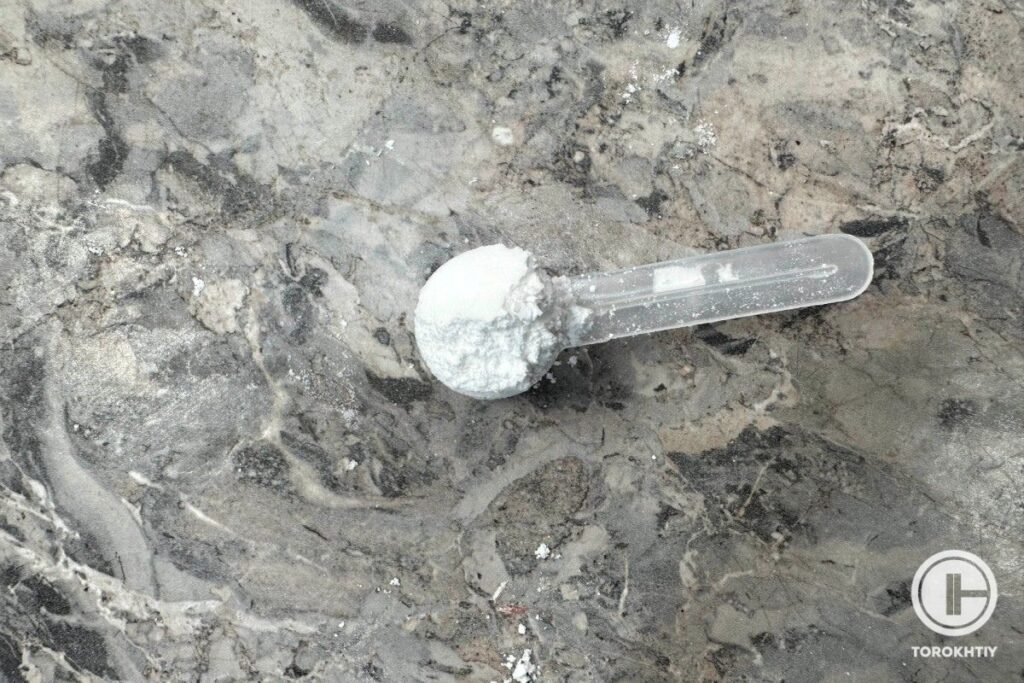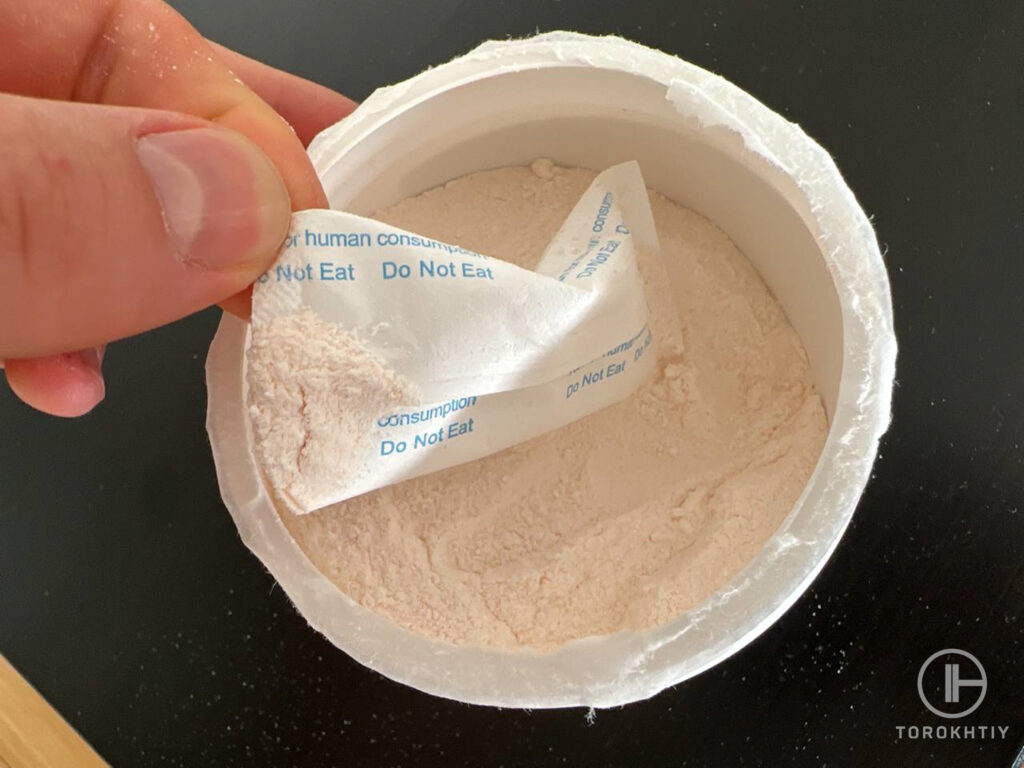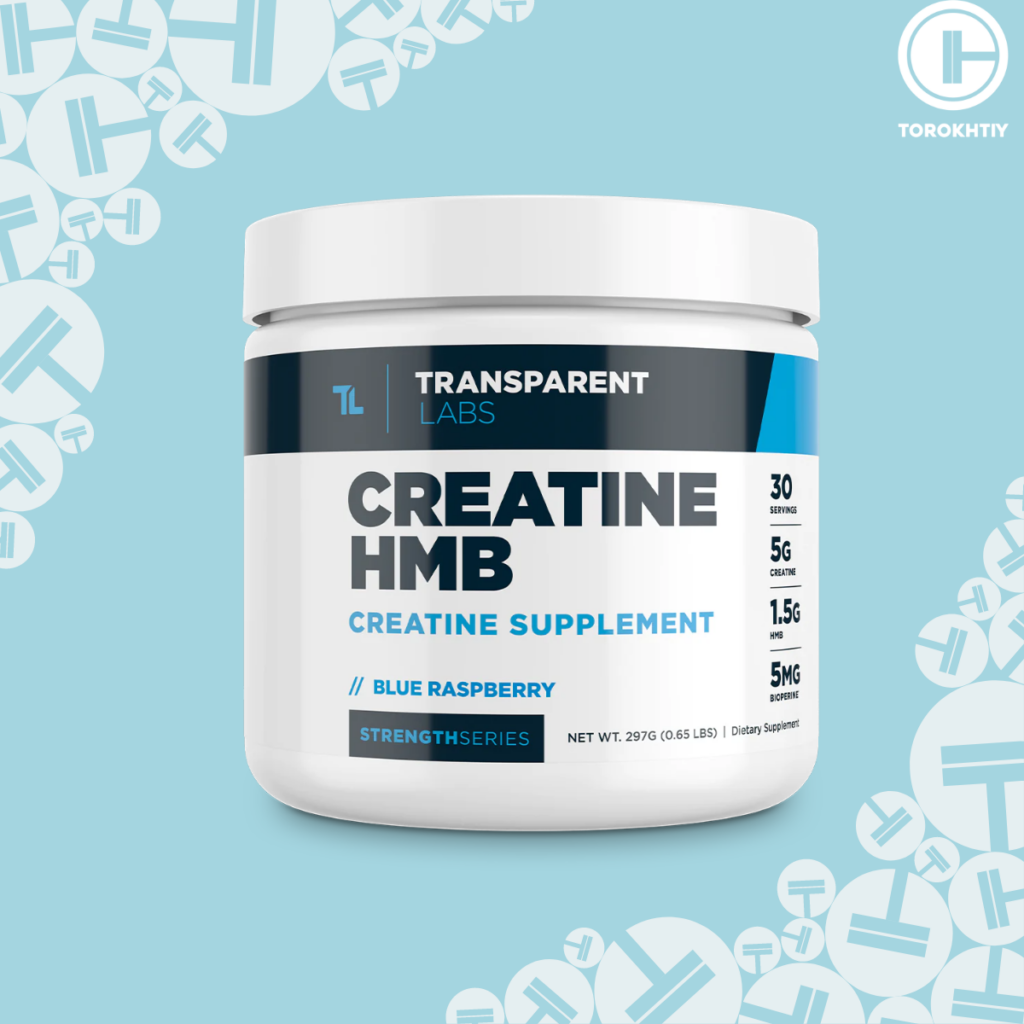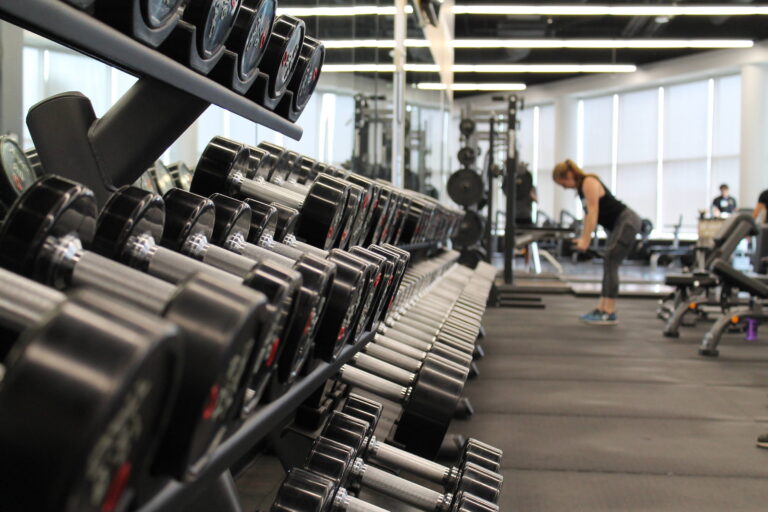Does Creatine Make You Pee? What Science Says
If you recently started taking creatine, you may have noticed an uptick in your need to use the washroom. As a result, you might be wondering: “Does creatine make you pee?”
In this article, we’ll be looking at how creatine affects urination, as well as its effects on water retention. Let’s get into it!
Does creatine make you pee? Frequent urination caused by creatine is most likely related to increased water intake. However, this increased frequency of urination is nothing to be concerned about, as creatine is considered completely safe for the vast majority of people.

What is Creatine and How Does it Work?
Creatine is an amino acid either synthesized in the body or found in the diet through animal products.
It’s commonly taken as a sports supplement as well. A standard dose of creatine is 3-5g/day and should be taken consistently to fully saturate your muscles with the nutrient. Supplementation will help with ATP production, and lead to better high-intensity exercise performance, better recovery, and more.
Creatine also has osmotic properties, meaning consistent use will lead to slightly more water retention, mostly inside the muscle. This is within the range of 0.5-1.0 L, which causes some moderate weight gain. This water retention is often thought to be related to increased urination, although this is unlikely.

Creatine and Water Retention – Is it Really Bad?
As mentioned above, creatine will lead to some water retention and moderate weight gain as a result. It’s unlikely that creatine supplementation will cause you to gain any more than a couple of pounds.
While this may not be ideal – especially for people looking to lose weight – the performance benefits of creatine will likely make this moderate weight gain worth it. Especially considering creatine won’t lead to any fat gain, this increased water weight is nothing to be concerned about.
Overall, there’s also no evidence to suggest that this increased water retention will lead to increased urination either.
Does Creatine Increase Urination Frequency?
So, does creatine make you urinate more? Not exactly.
It’s thought that increased creatinine levels caused by creatine will cause your kidneys to work harder to filter out the waste, leading to more urine production and a higher frequency. However, there is no evidence to support this theory.
Some people suggest that the increased water retention caused by creatine will lead to increased urination. However, this does not appear to be the case, as there is no evidence to suggest creatine intake will increase urination volume or frequency. So, why does creatine make you pee a lot?
The most likely explanation as to why creatine will make you pee more is simply that you’re drinking more water when you take creatine. Because creatine is shifting water to your muscles, it’s recommended you drink more water (~2+ liters/day) while taking the supplement. Otherwise, it can cause side effects associated with dehydration, like dry mouth, headaches, and bloating.
Of course, if you’re not used to drinking so much water, it will likely cause increased urination. So, while creatine may indirectly cause increased urination due to water intake, this is nothing to be concerned about.
Safety Considerations
Creatine is generally considered to be safe for most people. However, there are a few things you’ll want to consider when first starting to use creatine which we’ll be covering below.
1. Creatine Safety
The main area of concern surrounding creatine is how it may affect the kidneys. However, there is no evidence to suggest that creatine supplementation causes any detriment to kidney function.
With that being said, if you have any pre-existing kidney issues, it may be best to air on the side of caution and consult with your doctor before beginning creatine supplementation.
2. Monitor your Urine
As mentioned in this article, it’s unlikely that creatine will greatly affect urinary frequency or volume. Any increase is likely caused by increased water intake. However, if you’ve noticed any unusual changes in your urination, we recommend consulting with your doctor to make sure no underlying issues are causing these changes.

Creatine We Recommend – Transparent Labs Creatine HMB
If you’re interested in taking a high-quality creatine supplement, we recommend giving Transparent Labs Creatine HMB a try.
Transparent Labs Creatine HMB
- Item Form: Powder mix
- Best for: Power output, muscle/strength gains, recovery, nutrient absorption, contribute to bone health
- Type: Creatine monohydrate
- Suitable for Vegans: Yes
- Added Sugar: 0g
- Price per Serving (9.9g): ~$1.5
- Servings per Container: 30
- Other Ingredients: HMB, Vitamin D, Bioperine, Tartaric acid, Malic acid, Natural flavors, Stevia extract, grapefruit powder
- Recommended by Athletes: Hafthor Jullius Bjornsson, Kelsey Henson, Paul Sclar
This supplement is made from Creatine Monohydrate, which is the most effective and well-researched form of creatine on the market. Additionally, it contains HMB and Vitamin D as well.
While HMB is moderately beneficial in boosting strength and performance in beginners, it’s unlikely to have a major effect on more experienced athletes. However, Vitamin D supplementation will be beneficial for muscle growth, bone health, and much more, especially if you struggle to get enough of this nutrient, for example, by having limited exposure to the sun.
Transparent Labs Creatine HMB is made without any artificial sweeteners, or coloring, making it great for anybody concerned about artificial ingredients. This supplement also comes in 14 different flavors, which is very uncommon for most creatine supplements.
Because this is a premium creatine supplement, be aware that the price reflects this. Each serving will cost you ~$1.50, which is fairly expensive for creatine. However, we believe this price is still worth it if you’re after a high-quality, flavored supplement, with the added benefits of a few extra ingredients.
FAQ
Does Creatine Affect Urine?
While it doesn’t appear creatine itself affects urine too much, drinking more water alongside creatine likely will. It’s recommended you up your water intake alongside creatine supplementation, so it may lead to peeing more frequently throughout the day.
How Much Water Should I Drink on Creatine?
It’s not necessarily to drastically increase your water intake alongside creatine. However, it’s generally recommended you drink at least 35ml/kg of body weight per day (~2-3 liters for most people) regardless of if you’re using this supplement. However, this may vary depending on your activity level and other needs.
Regardless, staying properly hydrated will help you avoid any potential side effects like headaches, dry mouth, and bloating.
Does Creatine Make Your Pee White?
No, creatine should not make your pee white or change the color of your urine whatsoever. If your urine is white, this may be caused by a urinary tract infection or other health problem, in which case we recommend talking to your doctor immediately.
Conclusion
Overall, while creatine doesn’t necessarily make you pee more, increased water intake alongside creatine absolutely will. If you’re peeing more when using creatine, it’s likely because you’re drinking more water as well. This is completely normal and is nothing to be concerned about.
If you’re looking to try creatine for the first time, we recommend a high-quality creatine monohydrate supplement like Creatine HMB from Transparent Labs.
Have you ever used creatine before, or are you looking to try it for the first time? Let us know your thoughts in the comments below.
References
- Richard B Kreider, et. al, “ International Society of Sports Nutrition position stand: safety and efficacy of creatine supplementation in exercise, sport, and medicine” Journal of the International Society of Sports Nutrition volume 14, Article number: 18 (2017).
- Penny, “The Pros and Cons of Creatine Monohydrate,” blogs.cuit.columbia.edu, https://blogs.cuit.columbia.edu/pa2117/2021/06/17/the-pros-and-cons-of-creatine-monohydrate/ (Accessed March 4, 2024).
- Thomas W Buford, et. al, “International Society of Sports Nutrition position stand: creatine supplementation and exercise” J Int Soc Sports Nutr 4, 6 (2007).
- Chad M. Kerksick, et. al, “ISSN exercise & sports nutrition review update: research & recommendations” Journal of the International Society of Sports Nutrition. Volume 15, – Issue 1 Article 38 (2018)
- The Nutrition Source, “Vitamin D”, Harvard T.H. Chan School of Public Health, https://www.hsph.harvard.edu/nutritionsource/vitamin-d/ (Accessed Mar. 4, 2024)
- All photos are made by our Torokhtiy Media Team.
Why Trust Us?
With over 20 years in Olympic Weightlifting, our team does its best to provide the audience with ultimate support and meet the needs and requirements of advanced athletes and professional lifters, as well as people who strive to open new opportunities and develop their physical capabilities with us.
By trusting the recommendations of our certified experts in coaching, nutrition, dietology, and sports training programming, as well as scientific consultants, and physiotherapists, we provide you with thorough, well-considered, and scientifically proven content. All the information given in the articles concerning workout programming, separate exercises, and athletic performance, in general, is based on verified data. We ensure that you can rely on our professionals’ pieces of advice and recommendations that can be treated as personalized ones which will benefit you and fully meet your needs.
The product testing process is described in more detail here
Camila has worked as a Nutritionist for 7 years. In addition to being a nutritionist, she is an amateur weightlifting athlete for 2 years. Camila has experience at Flamengo’s football base and in a food supplement company and currently provides services at a clinic. At the moment she is coursing a postgraduate study in Sports Nutrition.







